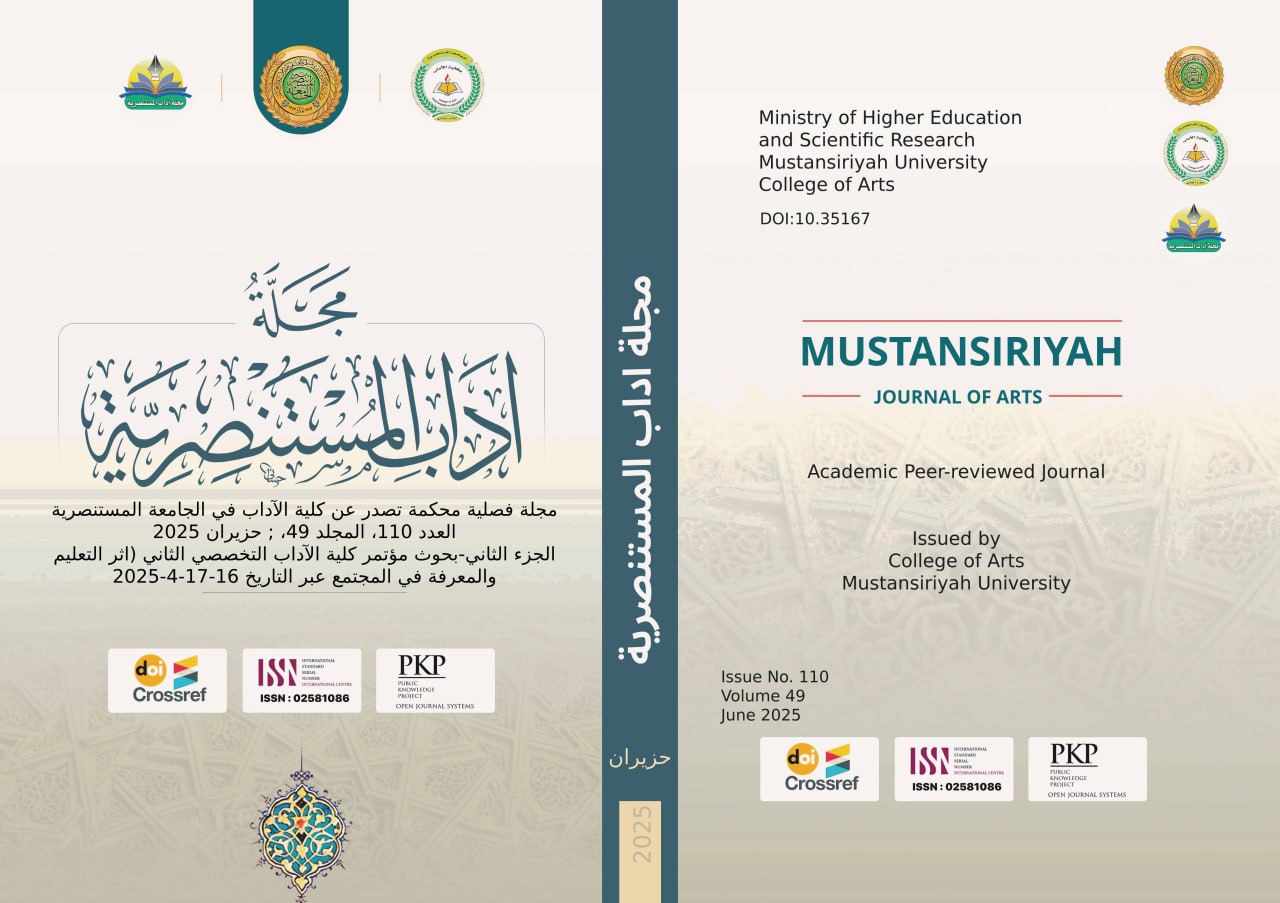Abstract
Abstract:
Education has occupied a very important position in Islam, beginning with the mission of the Prophet Muhammad (peace and blessings be upon him). Education was a fundamental pillar for building Islamic society. The Prophet (peace and blessings be upon him) placed great emphasis on spreading knowledge and learning among Muslims, starting with the first verse revealed in the Holy Quran: "Read in the name of your Lord who created" (Surat Al-Alaq: 1). There were no schools in the modern, traditional form, but there were advanced forms of education suited to the circumstances of the Islamic call at that time. It can be said that education was initially created to spread the Islamic faith in its correct form by teaching early Muslims how to recite verses correctly, memorize them, and teach them to those who would later convert to Islam.
Islam has gone beyond what is stipulated in state constitutions, international agreements, and the current Human Rights Charter, which considers education a right for every individual, guaranteed and provided by the state. Islam considers education not just a right, but rather an obligation and a personal duty for every Muslim man and woman. This is what the Prophet (peace and blessings be upon him) emphasized in his noble hadiths about knowledge and the pursuit of knowledge and education.
Education has occupied a very important position in Islam, beginning with the mission of the Prophet Muhammad (peace and blessings be upon him). Education was a fundamental pillar for building Islamic society. The Prophet (peace and blessings be upon him) placed great emphasis on spreading knowledge and learning among Muslims, starting with the first verse revealed in the Holy Quran: "Read in the name of your Lord who created" (Surat Al-Alaq: 1). There were no schools in the modern, traditional form, but there were advanced forms of education suited to the circumstances of the Islamic call at that time. It can be said that education was initially created to spread the Islamic faith in its correct form by teaching early Muslims how to recite verses correctly, memorize them, and teach them to those who would later convert to Islam.
Islam has gone beyond what is stipulated in state constitutions, international agreements, and the current Human Rights Charter, which considers education a right for every individual, guaranteed and provided by the state. Islam considers education not just a right, but rather an obligation and a personal duty for every Muslim man and woman. This is what the Prophet (peace and blessings be upon him) emphasized in his noble hadiths about knowledge and the pursuit of knowledge and education.
Keywords
early teachers
Islamic education
role of mosques
schools
Abstract
احتل التعليم في الإسلام مكانة عظيمة جداً اذ بدأ الاهتمام به منذ بعثة النبي محمد ﷺ، فقد كانت التربية والتعليم ركيزة أساسية لبناء المجتمع الإسلامي، إذ أولى الرسول ﷺ اهتمامًا كبيرًا بنشر العلم والمعرفة بين المسلمين، انطلاقًا من أول آية نزلت في القرآن الكريم: ﴿اقْرَأْ بِاسْمِ رَبِّكَ الَّذِي خَلَقَ﴾ (سورة العلق: ١). لم تكن هناك مدارس بالشكل التقليدي الحديث، لكن وُجدت أشكال تعليمية متطورة تناسب ظروف الدعوة الإسلامية آنذاك، ويمكن القول ان التعليم وجد في البداية لنشر الدين الإسلامي بشكله الصحيح من خلال تعليم المسلمين الأوائل كيفية قراءة الآيات بالشكل الصحيح وحفظها وتعليمها للذين يدخلون في الدين الإسلامي من بعدهم.
ولقد ذهب الإسلام إلى أبعد مما نصت عليه دساتير الدول والمواثيق الدولية وميثاق حقوق الإنسان في وقتنا الحاضر، الذي عد التعليم حقا لكل فرد تكفله له الدولة وتوفره. فقد عد الاسلام التعليم ليس مجرد حق وإنما هو فرض واجب وفرض عين على كل مسلم ومسلمة وهذا ما أكد عليه الرسول ﷺ في أحاديثه الشريفة عن العلم وعن طلب العلم والتعليم.
ولقد ذهب الإسلام إلى أبعد مما نصت عليه دساتير الدول والمواثيق الدولية وميثاق حقوق الإنسان في وقتنا الحاضر، الذي عد التعليم حقا لكل فرد تكفله له الدولة وتوفره. فقد عد الاسلام التعليم ليس مجرد حق وإنما هو فرض واجب وفرض عين على كل مسلم ومسلمة وهذا ما أكد عليه الرسول ﷺ في أحاديثه الشريفة عن العلم وعن طلب العلم والتعليم.
Keywords
التعليم الإسلامي، المدارس، دور المساجد، المعلمون الأوائل.
